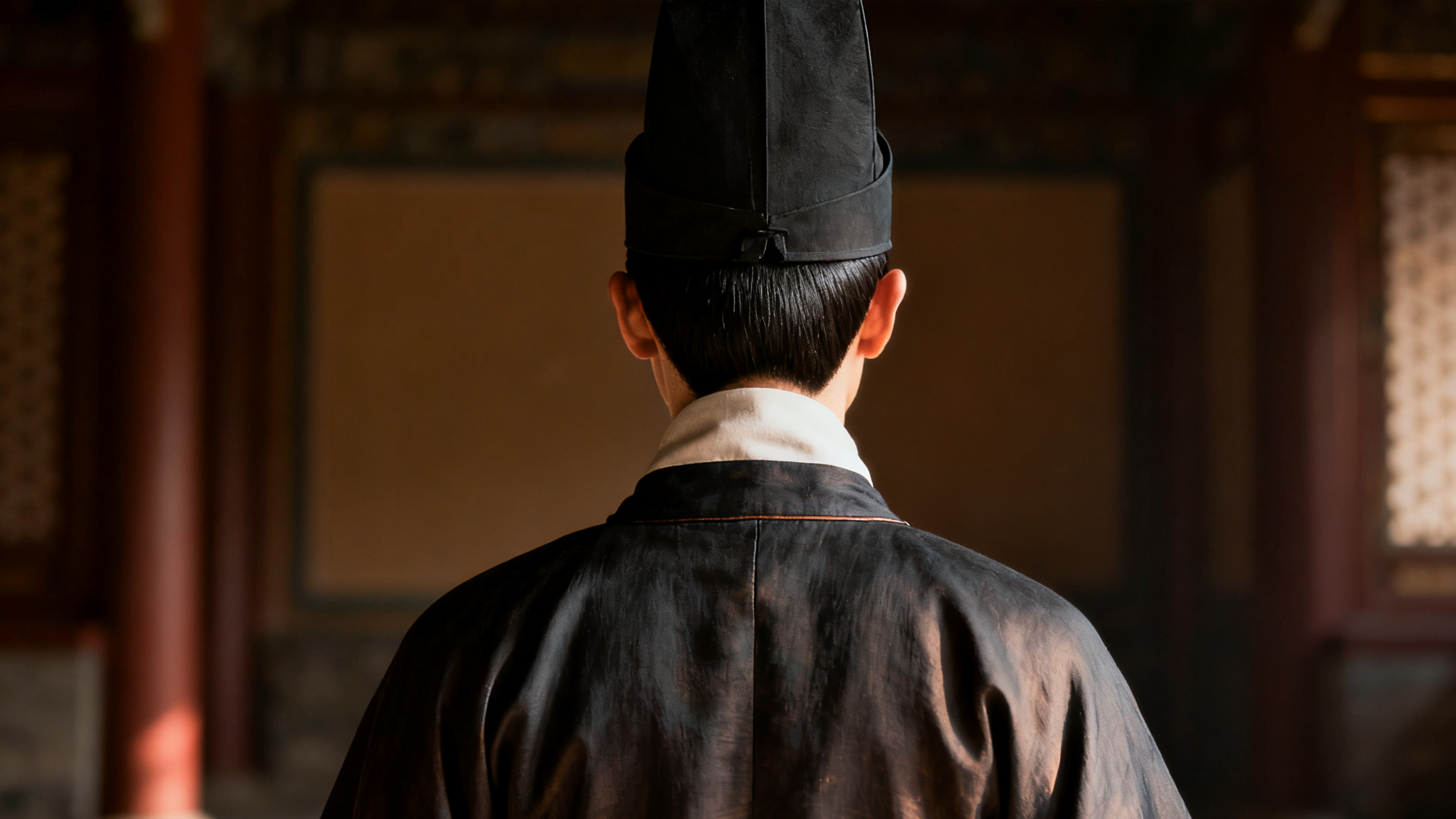
In imperial China, eunuchs lived under a system where their economic conditions varied dramatically. While a handful of high-ranking eunuchs accumulated vast fortunes—sometimes rivaling the wealth of nobles or even the imperial family—most remained poor, with limited income and little security in old age. Their financial status depended not only on their rank within the palace but also on the policies of each dynasty.
Wealth by Social Rank
1. High-ranking Eunuchs
Those closest to emperors or empresses, such as chief eunuchs or personal attendants, often gained extraordinary wealth. Their proximity to power allowed them to intervene in politics, accept bribes, and even manage commercial ventures such as estates, shops, and salt or iron trades. Famous figures include Liu Jin and Wei Zhongxian of the Ming dynasty and Li Lianying of the Qing dynasty, each of whom owned extensive lands and priceless treasures.
2. Mid-ranking Eunuchs
Eunuchs in mid-level roles managed palaces, gardens, or state institutions. Although they lacked the sweeping authority of their superiors, they often found ways to enrich themselves modestly—by collecting small “gifts” from officials or siphoning part of the stipends intended for staff. Their lifestyles were comfortable but never extravagant.
3. Low-ranking Eunuchs
At the bottom were those assigned to heavy and menial tasks such as cleaning, carrying, and guarding. Their stipends were meager, and many were exploited by higher-ranking eunuchs. Few had the opportunity to save, and many faced poverty in old age, sometimes relying on distant relatives or charity for survival.
Wealth Across Dynasties
The level of wealth eunuchs could achieve depended heavily on the institutional role they were given in each dynasty. Some eras tightly restricted their power, while others allowed them to dominate politics and amass extraordinary fortunes.
| Dynasty | Power & Wealth Features | Typical Situation |
|---|---|---|
| Qin – Northern & Southern Dynasties | Limited power; mainly served in court without major political influence. | Occasional rewards, but no large-scale accumulation of wealth. |
| Tang Dynasty | Peak of eunuch power; many commanded armies and influenced succession. | Collected bribes, ran estates, and even dominated taxation (e.g., Qiu Shiliang). |
| Song Dynasty | Strict institutional limits; eunuchs barred from military and commerce. | Lived mainly on stipends and gifts; wealth generally modest. |
| Ming Dynasty | Power greatly expanded; eunuchs controlled secret police and state affairs. | Some, like Liu Jin and Wei Zhongxian, seized land and sold offices; fortunes vast. |
| Qing Dynasty | Early period restricted; later allowed limited influence under powerful patrons. | Figures like Li Lianying grew wealthy, but never reached Tang or Ming extremes. |
Conclusion
The wealth of eunuchs in China was never uniform. At the top, some became legendary for their riches, estates, and influence; at the bottom, many lived in quiet hardship. The contrast illustrates how political institutions shaped opportunities for enrichment. In dynasties with strict controls, eunuchs survived on modest stipends, while in looser systems, a few rose to immense wealth—though often at the cost of political turmoil.